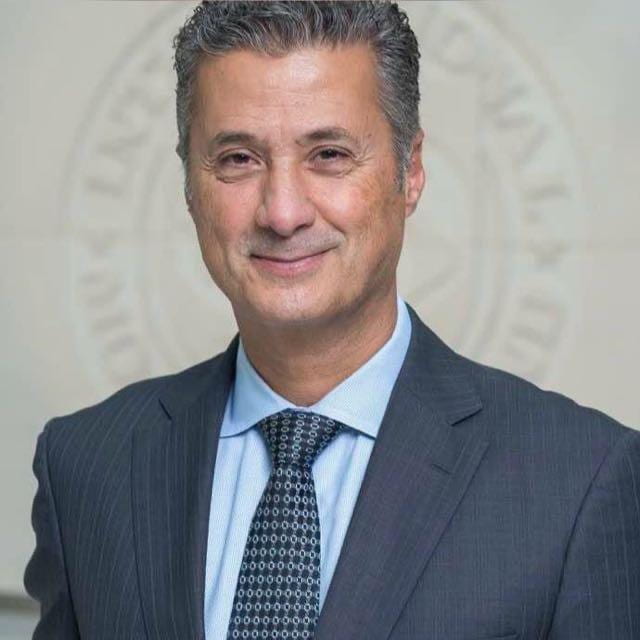In this episode, I have the pleasure of speaking with DePaul MBA Alumnus, Dan Ludovisi. Dan is a Mechanical Engineering Manager and Consultant with Sargent & Lundy and teaches Energy Economics at DePaul University, which is the subject of today’s conversation: Energy!
The energy industry is a massive complex network of power production, distribution and delivery that cooperates across regional and national boundaries that supports both our present and future economy. Dan talks with me about the challenges faced by our society as we recognize the importance of moving toward to more sustainable energy sources while our overall demand steadily increases.

Unfortunately, there’s no quick fix, but there are some interesting disruptions on the horizon. Curious what they are? Well, listen in!

